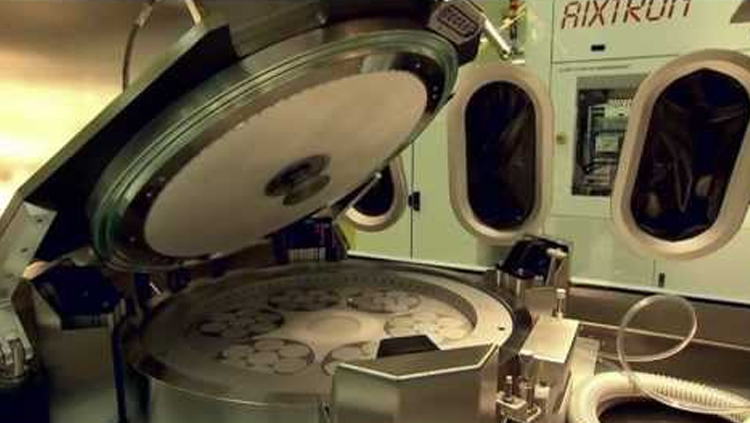Flaw revealed in theory of transistor noise
Engineers in the US and Taiwan have carried out an experiment that they say exposes a serious flaw in our understanding of how transistors work. The research finds that as transistors shrink, the amplitude of electronic "noise" in these devices grows even more than standard theory says it should. The researchers warn that unless our understanding of noise is reviewed, then development of next-generation laptops, mobile phones and other low-power devices could be hampered.
Transistors perform an essential role in electronic devices by amplifying and switching signals, but in order to do this reliably they must be made from highly purified materials. Defects in these materials can — like rocks in a stream — impede the flow of current and cause a transistor to malfunction. As a result, the transistor may fluctuate rapidly between its "on" and "off" states in an effect known as "random telegraph noise".


































